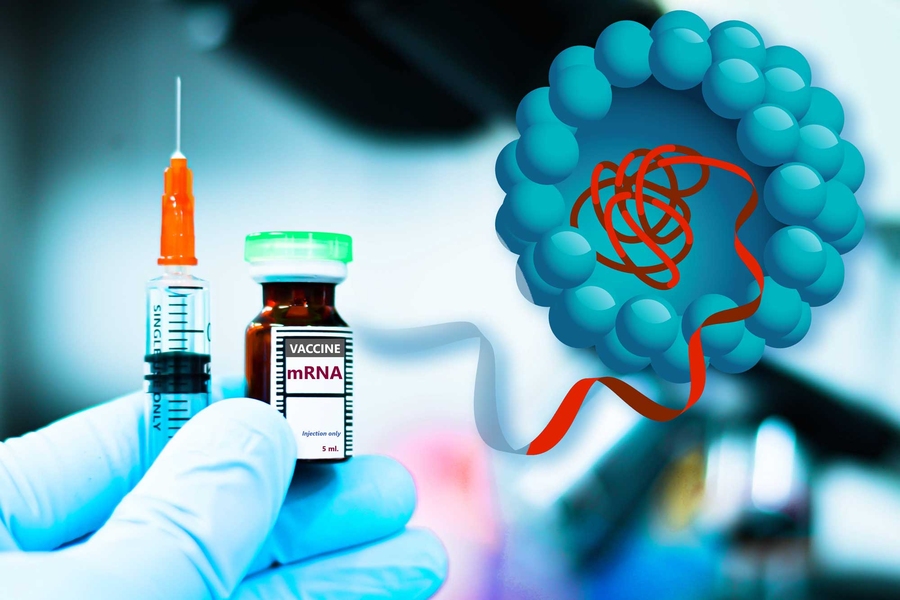A new delivery particle developed at MIT could make mRNA vaccines more effective and potentially lower the cost per vaccine dose.
In studies in mice, the researchers showed that an mRNA influenza vaccine delivered with their new lipid nanoparticle could generate the same immune response as mRNA delivered by nanoparticles made with FDA-approved materials, but at around 1/100 the dose.
“One of the challenges with mRNA vaccines is the cost,” says Daniel Anderson, a professor in MIT’s Department of Chemical Engineering and a member of MIT’s Koch Institute for Integrative Cancer Research and Institute for Medical Engineering and Science (IMES). “When you think about the cost of making a vaccine that could be distributed widely, it can really add up. Our goal has been to try to make nanoparticles that can give you a safe and effective vaccine response but at a much lower dose.”

